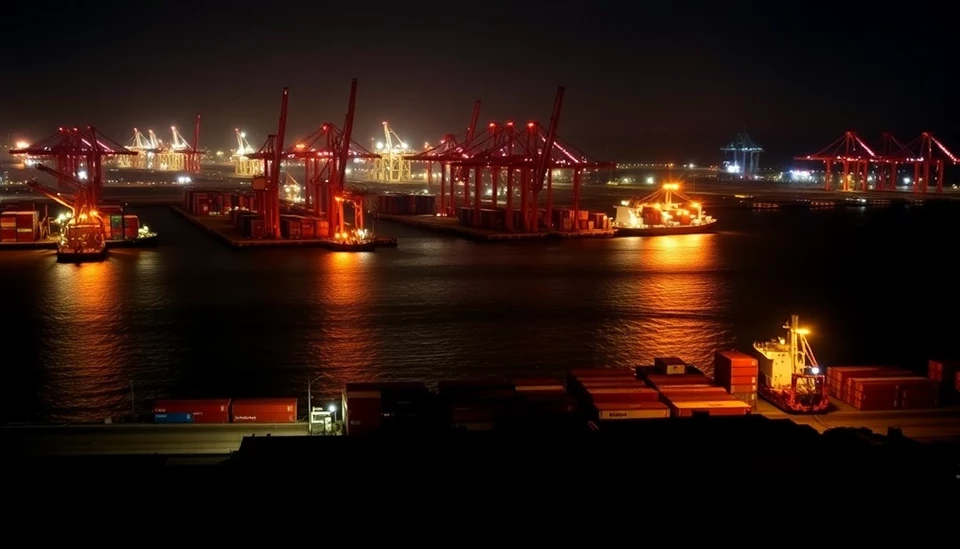
As the New Year approaches, the possibility of a strike at crucial US ports looms large. This potential work stoppage, scheduled to kick off in January, could considerably disrupt supply chains already under strain. The International Longshore and Warehouse Union (ILWU) has issued a notice signaling the strong potential for labor action at several major ports, including those on the West Coast.
This announcement has left businesses on edge, as many are still grappling with the after-effects of previous disruptions caused by labor disputes and the pandemic. In recent years, port operations have seen significant slowdowns due to various factors, including worker shortages, increased freight volumes, and the need for updated infrastructure. A strike in January could exacerbate these issues, leading to a further ripple effect on the global supply chain.
Negotiations between the ILWU and the Pacific Maritime Association (PMA), which represents shipping companies, have generated considerable tension. Workers are advocating for better pay and improved working conditions, citing long hours and demanding workloads. The PMA, on the other hand, has expressed concerns about the impact on port operations and the broader economy, especially given the shipping industry's recovery from previous disruptions.
Industry analysts warn that a prolonged strike could lead to significant delays in cargo shipments, increased shipping costs, and potential shortages of essential goods in stores across the nation. With the holiday season in full swing and retailers heavily relying on timely deliveries for inventory, the stakes are high. Businesses are urged to prepare contingency plans to mitigate potential losses stemming from a slowdown in port activities.
In light of this looming threat, companies are exploring alternative strategies, including increasing inventory levels prior to the strike and seeking to diversify their supply routes. These steps may ease some of the pressures, but experts agree that nothing can fully remedy the disruptions caused by a port strike.
For consumers, this could mean a return to the frustrations experienced during the height of the pandemic when shortages became commonplace. As February approaches, it will be crucial to monitor the negotiation developments closely and gauge the potential impacts on the economy and individuals alike.
While the situation remains fluid, one thing is clear: if the strike goes ahead as planned, the chaos in the supply chain could spill into various sectors, affecting everything from food supplies to electronics. The coming weeks will be critical as stakeholders work to find common ground and avert a disruption that could echo across global markets.
Keep an eye on this developing story as it promises to unfold in significant ways in the coming months.
#SupplyChain #PortStrike #ILWU #PMA #LaborNegotiations #ShippingDisruptions #EconomicImpact #LogisticsChallenges #USPorts
Author: Daniel Foster




